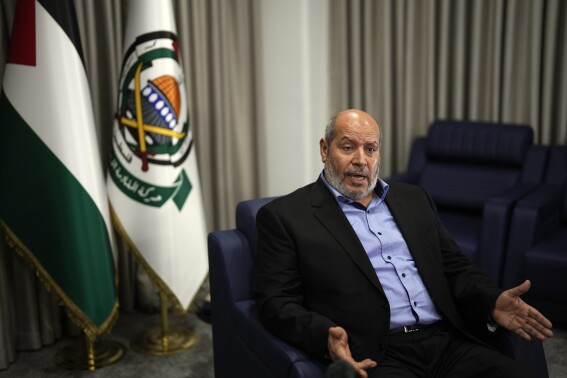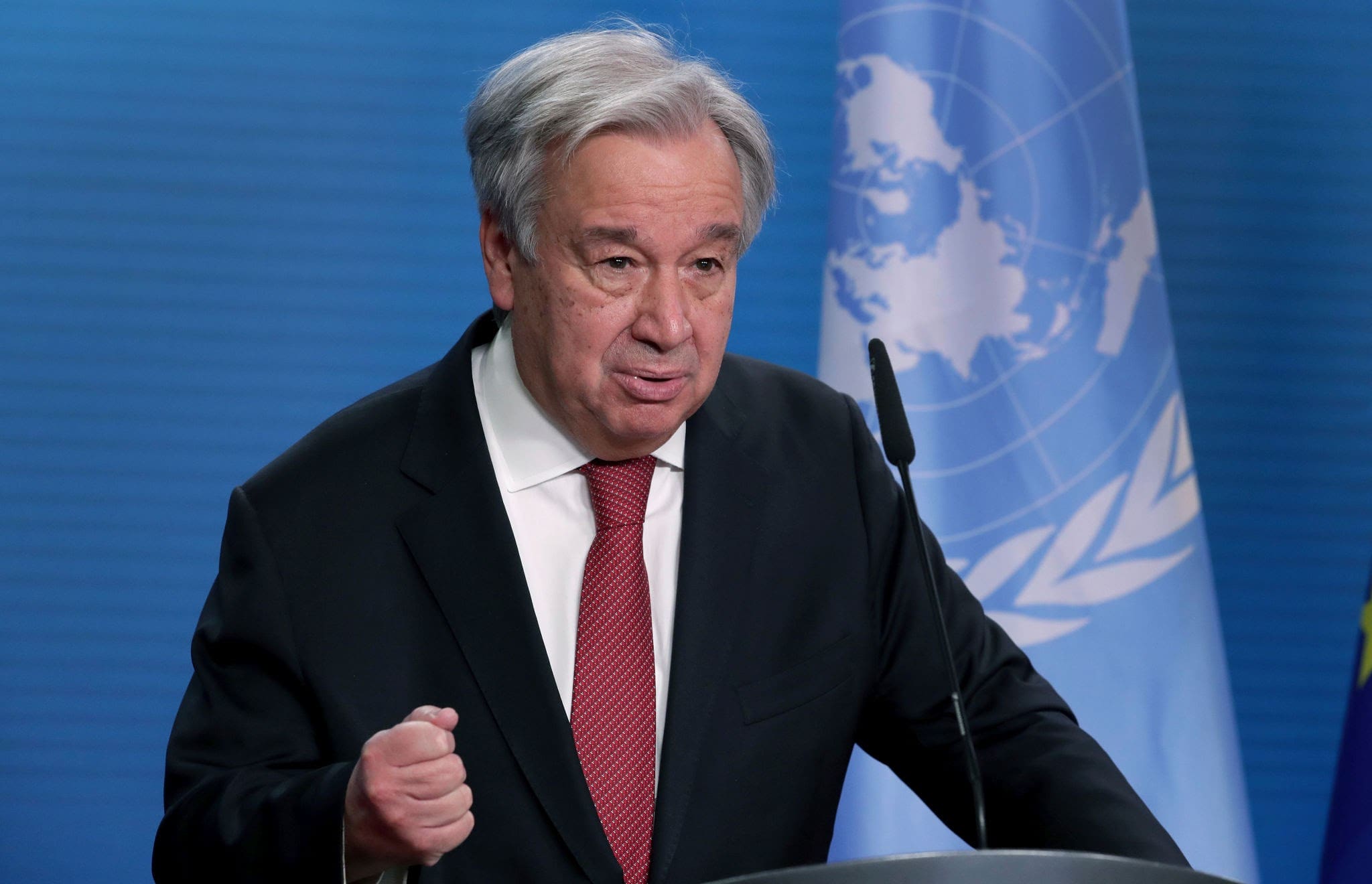The narrative of “hunger and deceit” being used as tools against Gaza is not only misleading but purposefully crafted to delegitimize Israel’s consistent humanitarian efforts. The truth reveals a vastly different story, underpinned by tangible aid and mechanisms aimed at alleviating the plight of civilians in Gaza. Here’s a breakdown of the actual situation, contrasting baseless allegations with documented actions.
Extensive Humanitarian Aid
Israel has consistently facilitated the entry of significant amounts of humanitarian aid into Gaza, even during periods of heightened conflict. This effort demonstrates a clear commitment to ensuring that civilians in Gaza receive essential supplies despite the ongoing security threats posed by Hamas. According to recent data, over 1.3 million tons of aid, including food, medical supplies, and fuel, have been delivered through carefully managed land crossings. These supplies are not only vital for sustaining daily life but also symbolize Israel’s recognition of the humanitarian needs of Gaza’s population. Importantly, these deliveries are subjected to rigorous inspections to prevent their misuse by Hamas, a terrorist organization that has a documented history of diverting aid for its own militant purposes. By repurposing humanitarian resources for terror tunnels, weaponry, and propaganda efforts, Hamas not only exacerbates the suffering of its own people but also manipulates the international community’s perception of the crisis. Despite these challenges, Israel has maintained and expanded aid operations, balancing its security concerns with the moral imperative to support innocent civilians trapped under Hamas’ oppressive rule. This dual focus on security and humanitarian outreach underscores the stark contrast between Israel’s actions and the cynical exploitation of Gaza’s population by its rulers.
Food as a Priority
Far from employing hunger as a weapon, Israel has taken extensive measures to prioritize the delivery of food shipments to Gaza, ensuring that basic needs are met even amidst the challenges of conflict. By January 2025, food made up a staggering 77.87% of all humanitarian aid sent to Gaza, a reflection of Israel’s commitment to alleviating civilian suffering. These shipments include essential staples such as flour, rice, and cooking oil, which form the backbone of the daily diet for millions of Gazans. The focus on food aid underscores Israel’s awareness of the critical importance of nutrition in preventing malnutrition and stabilizing vulnerable communities.
Moreover, Israel’s efforts are complemented by international partnerships that bolster these supplies, creating a robust and coordinated humanitarian operation. Despite Hamas’ frequent attempts to obstruct or manipulate aid distribution, including redirecting food for their own purposes or inflating prices on the black market, Israel has maintained steady supply chains. These efforts are carried out in a highly challenging environment where the risk of goods being seized or misused by Hamas is ever-present. Inspections and security measures, while stringent, are necessary to ensure that food aid reaches the intended recipients rather than being diverted to support terror activities.
This commitment to providing humanitarian aid is a stark contrast to the rhetoric of those who accuse Israel of weaponizing hunger. The truth is evident in the sheer scale of aid delivered, reflecting not only Israel’s logistical capacity but also its moral obligation to uphold the welfare of civilians in Gaza, even while facing ongoing security threats from Hamas. Such efforts highlight the difference between a nation striving to provide relief and a terror organization exploiting its own people for political and military gains.
Manipulation by Hamas
It is important to recognize that the scarcity often described in Gaza is not the result of external actions by Israel but is instead a direct consequence of Hamas’ governance. Under Hamas’ rule, corruption and exploitation have become systemic, with resources intended for civilians frequently misappropriated to serve the group’s militant agenda. Numerous reports have surfaced of basic necessities, such as flour, being deceitfully replaced with non-edible substances like limestone powder, leaving families helpless and unable to provide sustenance for their children. Equally troubling are the exorbitant prices charged for food and other vital supplies on the black market—an economy fully controlled and manipulated by Hamas. Instead of ensuring that aid reaches the most vulnerable, the group exploits these supplies to enrich its operatives or sustain its infrastructure for terrorism.
Hamas’ prioritization of power and aggression over humanitarian needs creates a dire situation for ordinary Gazans, who are left to grapple with extreme deprivation. International aid, including the substantial amounts delivered by Israel, is often intercepted, stolen, or resold by Hamas at prices that are unaffordable for the majority of the population. This behavior underscores the cynical exploitation at the heart of the organization’s governance, where the suffering of civilians is weaponized to garner international sympathy and misdirect blame onto external actors. Far from being a victim of external policies, the population of Gaza is subjected to deliberate and systematic deprivation imposed by its own leadership. The scarcity and hunger that grip Gaza are the byproducts of a regime that places the pursuit of terror above the welfare of its own people, leaving ordinary civilians to pay the steepest price for Hamas’ ruthless choices.
Water and Energy Access
Israel provides water to Gaza through pipelines and ensures gas and fuel deliveries for civilian use. However, Hamas frequently misappropriates these resources for military purposes, further exacerbating the civilian crisis. Despite this, Israel continues to facilitate humanitarian corridors to deliver these essential supplies.
The Real Deceit
The narrative that Israel uses deceit to humiliate or harm Gaza’s civilian population is a stark inversion of reality. The real deceit lies in the propaganda spread by Hamas and its sympathizers, who paint a picture of victimhood while actively oppressing their own people. Hamas’ investment in terror tunnels and weapons, funded by misappropriated international aid, underscores its priorities: war over welfare.
Conclusion
The accusation that Israel weaponizes hunger and deceit is a tragic distortion of the truth. Israel has demonstrated a commitment to mitigating civilian suffering, even under the shadow of ongoing terrorist threats. The real obstacle to peace and prosperity in Gaza is not Israel but the Hamas regime, which prioritizes its militant agenda over the needs of its people. Recognizing these facts is essential to addressing the humanitarian crisis in a meaningful and honest way.






